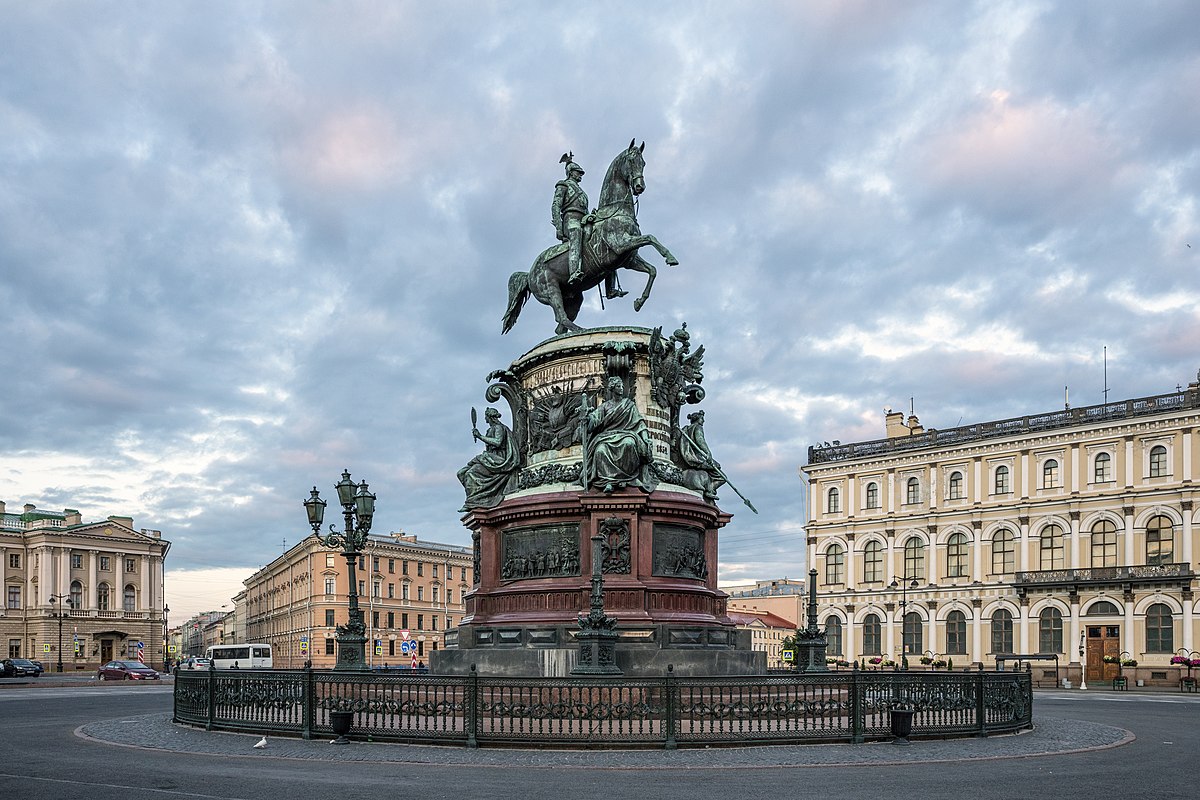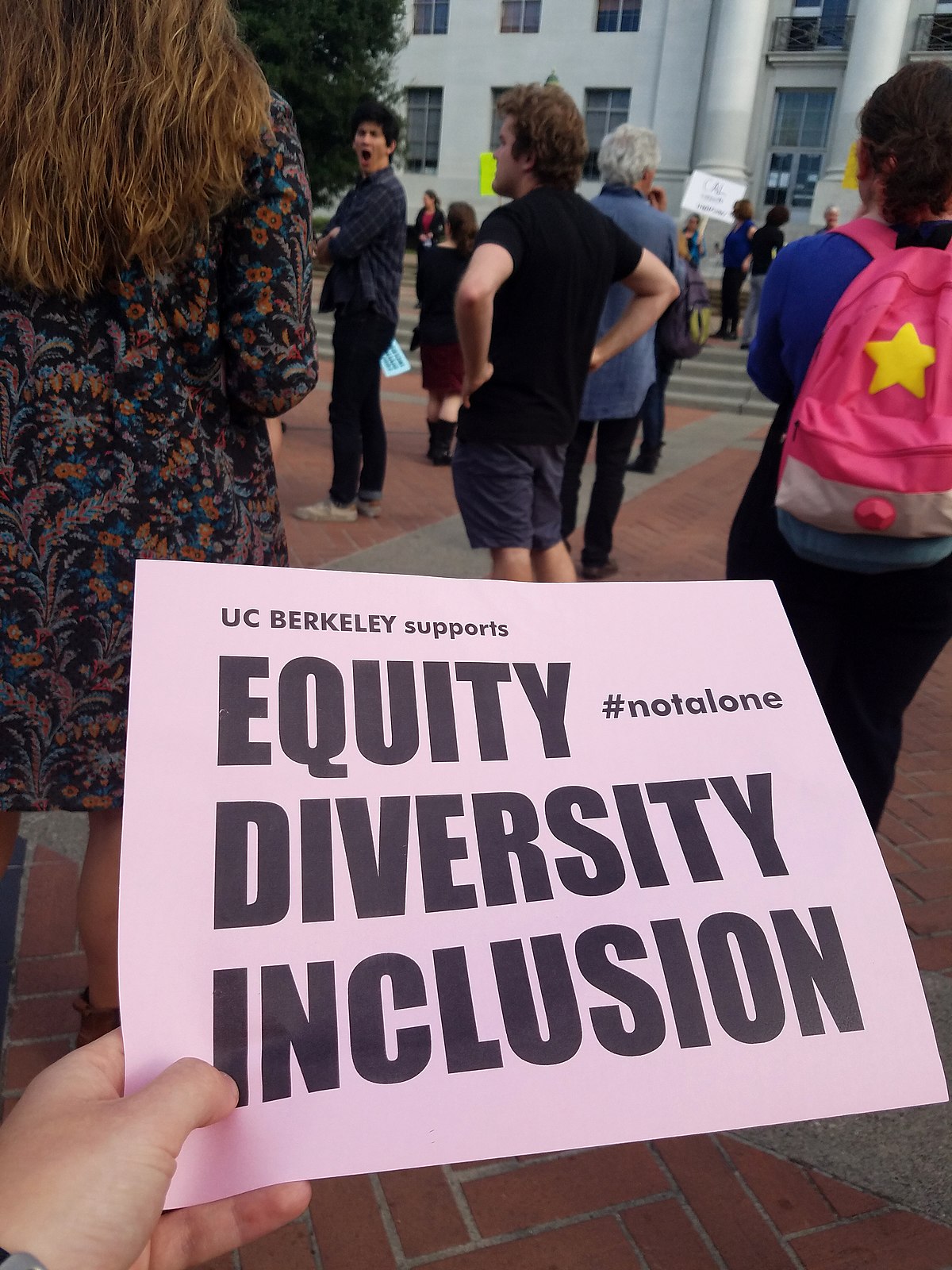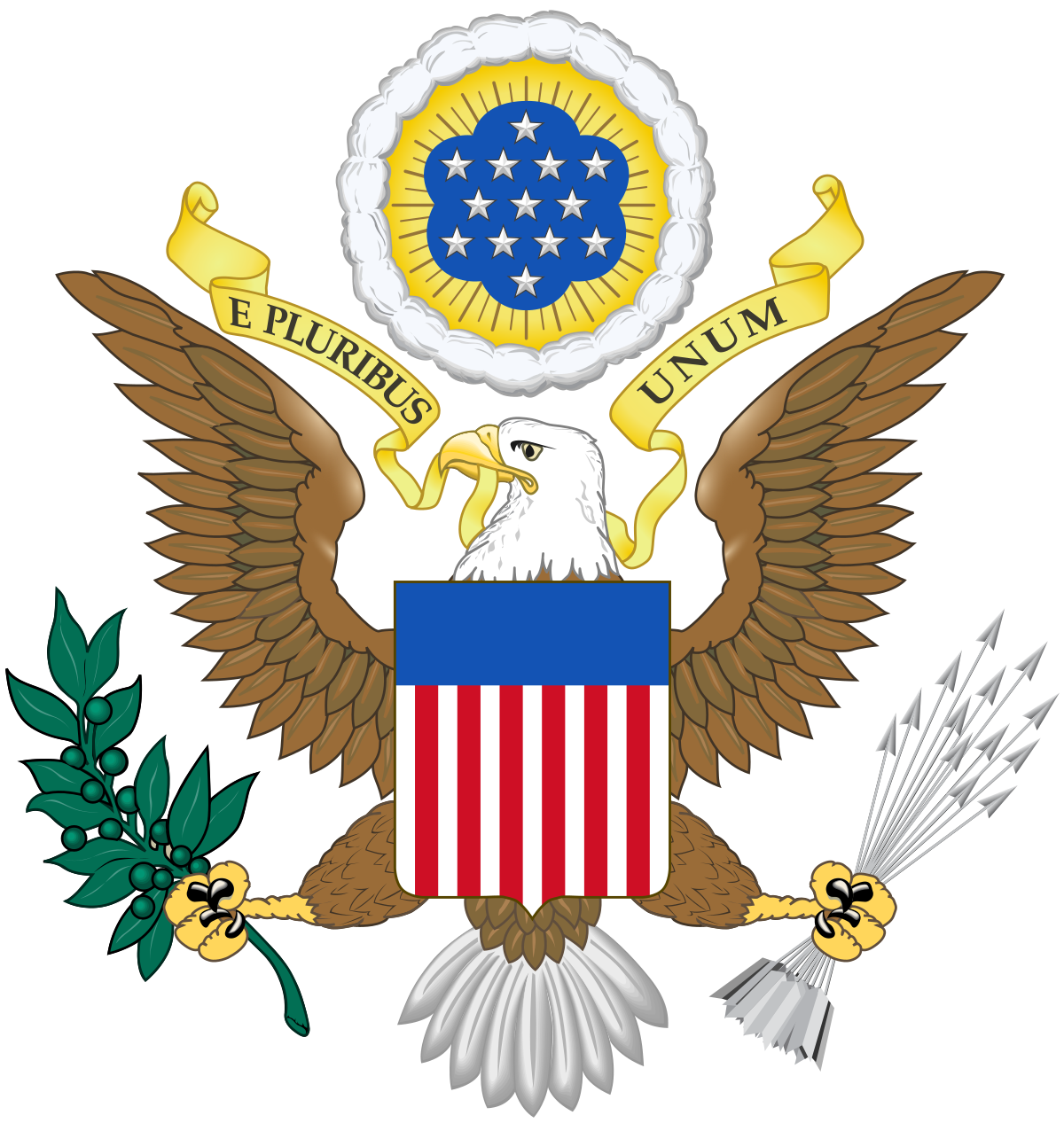Here’s the problem
What I do know that "religion beginning with the separation of the sacred from the profane" was a simple and elegant way of summing up what Buddha taught over 2000 years earlier.
“Religion
beginning with the separation of the sacred from the profane”
Is vastly different than….
“Religion
being the separation of the sacred from the profane.”
Or, “Religion
is the separation of the sacred from the profane”
A tree
begins as a seed, but a tree
is not a seed.
The U.S.
began as 13 colonies; the U.S.
is not 13 colonies.
Las Vegas
began as a Mormon fort; Las Vegas
is not a Mormon fort.
When Durkheim came up with this idea, he was attempting to profess that religion did not
originate as belief in a divine realm.
He was a secular jew.
Excerpt from “
The Elementary Forms of the Religious Life”;
"The general conclusion of the book which the reader has before him is that religion is something eminently social. Religious representations are collective representations which express collective realities; the rites are a manner of acting which take rise in the midst of assembled groups and which are destined to excite, maintain, or recreate certain mental states in these groups. So if the categories are of religious origin, they ought to participate in this nature common to all religious facts; they should be social affairs and the product of collective thought. At least -- for in the actual condition of our knowledge of these matters, one should be careful to avoid all radical and exclusive statements -- it is allowable to suppose that they are rich in social elements."
He set out to establish that religion was not divinely or supernaturally inspired and was in fact a product of society, and he sought to identify the common things that religion placed an emphasis upon, as well as what effects those religious beliefs (the product of social life) had on the lives of all within a society.
He surmised that social groups require solidarity and identification for the individuals within a society, and that things which provided authority figures, and reinforced the morals and social norms held collectively by those within a society and provided a meaning of life were given heightened emphasis—separated them from the mundane— became sacred.
He believed that this was a critical part of a social system; that provides social control, cohesion, and purpose for people, as well as another means of communication and gathering for individuals to interact and reaffirm social norms.
Thus authority figures and symbols of that solidarity develop into religious devotion.
In order to maintain this perspective to include religions that included beliefs in divine and/or supernatural realms
and those he deemed to not include a belief in a supernatural realm, (his erroneous focus was that of “Totemism” of aboriginal Australians) he came up with
his definition to be what he felt all religions had in common and put emphasis on.
He viewed that emphasis to be a separation of different aspects of life into two categories — “the sacred and the profane” — to be those two categories.
Objects and behaviors deemed sacred were considered part of the spiritual or religious realm. They were part of rites, objects of reverence, or simply behaviors deemed special by religious belief.
Those things deemed profane were everything else in the world that did not have a religious function or hold religious meaning.
For example…Abrahamic religions respect the Ten Commandments and behaviors and actions such as praying as sacred, while other objects and behaviors are not.
In other words, if one removes the various details of specific religions and concentrates on the social function of how religions impact societies, it is to “separate the sacred from the profane.”
This was not a means of “establishing” a religion, but rather as a means of “identifying” what purpose a religion serves society in his mind.
Much as the separation of church and state mandated by the Constitution is a solution of separating the influence of the church (the “sacred”) from the day to day business of the government (the “profane”).
They being different aspects of individuals lives.
Realization that there was varying and often conflicting views of religion among the population, but that the laws of the state should be equitable for each individual and should not reflect any preference or endorsement of any religion.
Of course Durkheim’s view was only one of many views on religion, it’s origins and place in societies.
It is pointedly
not the prevailing view of sociology and especially
not the prevailing view of religious adherents; and decidedly
not what the founding fathers of this country were talking about when they enumerated the right of individuals of
this society to be free from government interference of how they chose to exercise (or not) religion and to not have their government influenced by religion.
You identify with Buddhism, correct?
So you “liked” the way you perceived it to correspond to your perception of Buddhism…..
"religion beginning with the separation of the sacred from the profane" was a simple and elegant way of summing up what Buddha taught over 2000 years earlier.
And put forth the Hsin Hsin Ming as being respected and influential on guiding your understanding of how to perceive your world view.
Might one view it as being “set apart” from other writings that you don’t venerate in the same way and venture to conclude you view it as “sacred”?
The Hsin Hsin Ming is an old Chan Buddhist treatise on cognitive bias (prejudice,) and how to overcome it.
Perhaps you should meditate on your revealed cognitive bias of preferring your
special definition which you
like due to it’s lining up with your worldview, and apply the teaching of the Hsin Hsin Ming to help rid you of your bias?
Do you consider Buddhism a religion using
your definition of “the separation of the sacred from the profane”?
Do you interpret it as stressing that duality?
From the Hsin Hsin Ming
 Hsin Hsin Ming by Seng-ts'an, third zen patriarch, Terebess Asia Online (TAO)
Hsin Hsin Ming by Seng-ts'an, third zen patriarch, Terebess Asia Online (TAO))
“In the World of Reality,
There is no self, no other-than-self.
Should you desire immediate correspondence (with this Reality)
All that can be said is "No Duality!"
When there is no duality, all things are one,
There is nothing that is not included.
The Enlightened of all times and places
Have entered into this Truth.”
I read it very differently.
Where I demonstrated your understanding of the typical definition and the founding father’s understanding of religion that they were using when writing the Constitution to be examples of the organized religions of the world, and pointed out that you were adopting a different skewed definition as pivotal to your argument to conform to your bias;
you claimed…..
No, I'm using one that has been in existence for more than 2000 years.

Which is interesting, since you previously claimed to have derived it from “sociology”. (Which came into existence in the 19th century.)
So, give me a 2000 year old reference that defines “religion” as “the separation of the sacred from the profane”.
I would say that anyone who freaks out and loses their mind over harmless seasonal decor might have a bit of fanaticism going on, wouldn't you agree? (Or would you prefer the term snowflakes?
I would point out that the only ones that “freaked out and lost their mind over seasonal decor” were those who were pushing for permanent display of religious symbols in government buildings. (See post #198)




